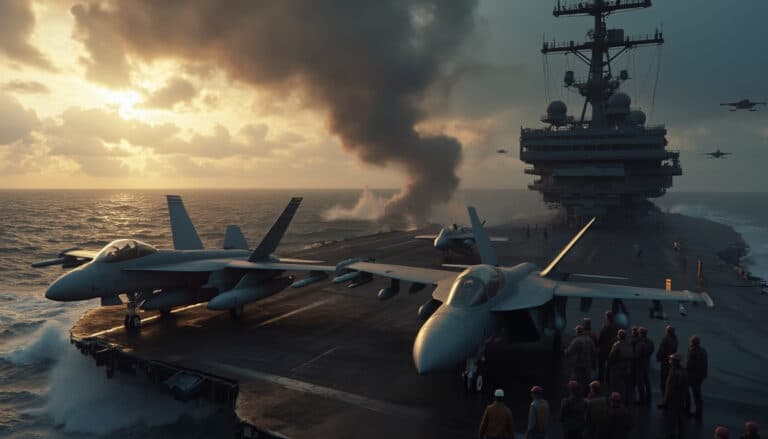Donald Trump’s recent statements regarding the potential use of the military on American soil are raising concerns among members of the military and political community. Senior military officials are expressing fears about possible militarization of the response to domestic unrest, due to Trump’s embrace of authoritarian concepts. The implications of such actions could transform the traditional role of the military, redefining its interaction with civil society and its responsibilities to the Constitution. Trump’s statements shed light on a dynamic that could profoundly upset the balance between democracy and military power.
In the context of political tensions in the United States, Donald Trump and its allies express worrying intentions regarding the use ofarmy to respond to internal threats. Military officials fear Trump could resort toInsurrection Act, allowing it to send active troops to repress demonstrations or carry out deportation of citizens considered illegal. These predictions are particularly worrying because they raise legal questions regarding the use of armed forces against civilians, as well as questions about respect for Constitution. Trump’s statements regarding the possible militarization of the response to political opponents, as well as his desire to mobilizearmy for domestic operations, illustrate the growing concerns of former and current military leaders about a drift authoritarian.

Donald Trump, as former President of the United States, used his military power in a manner that has often raised concerns among senior military officials. Its declared intention to mobilize the armed forces to deal with internal problems marks a turning point in the perception of role of the army in domestic politics. THE Trump allies and some members of his administration have expressed reservations about this approach, fearing a militarization of civilian operations.
Table des matières
ToggleImplications of Trump’s use of the military
When Trump brings up the idea of calling on the military to handle situations like protests, it raises questions about the request for legal authorization and possible repercussions. The risk of a DETOUR from the traditional role of the armed forces to an ordinary enforcement function, such as managing protests on American soil, concerns veterans and strategic analysts. According to them, this could give rise to a crisis of legitimacy for military institutions, which could damage their reputation and operations.
Reactions from military officials
The reaction of military officials faced with these statements is generally critical. Many fear that the use of the army for political purposes and operations against the “enemy within” marks a shift towards politicization of the armed forces. This new dynamic could fuel tensions between the government and the army, calling into question the balance established in democratic governance. The fear is to end up in an environment where the military would be used not to defend the nation, but to exercise political control, which would have profound consequences on the national security.

























